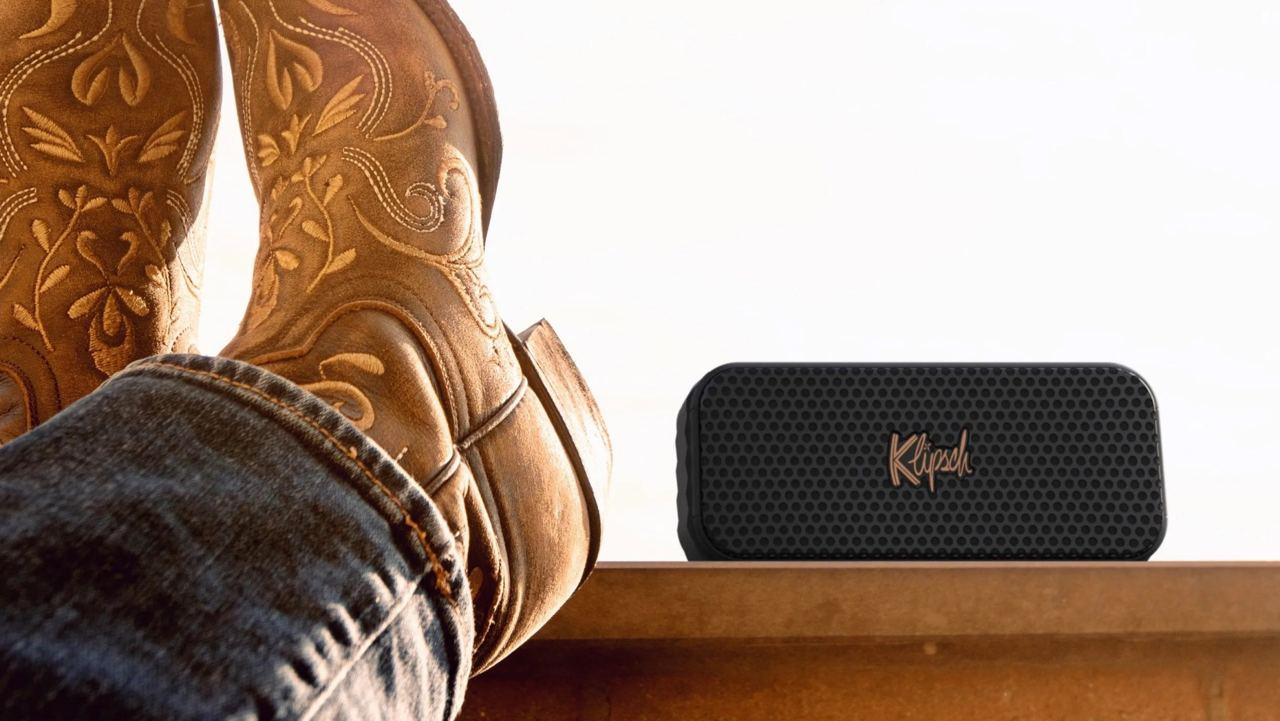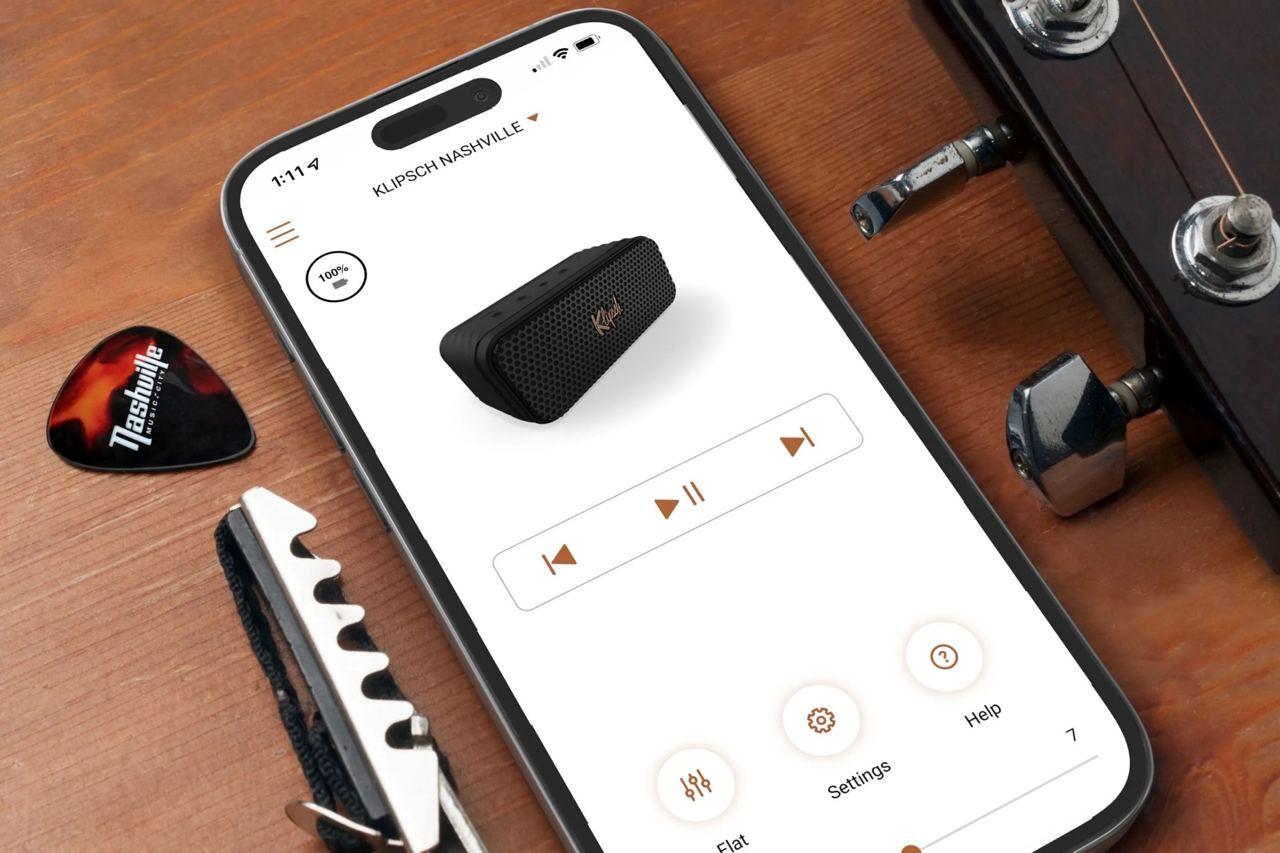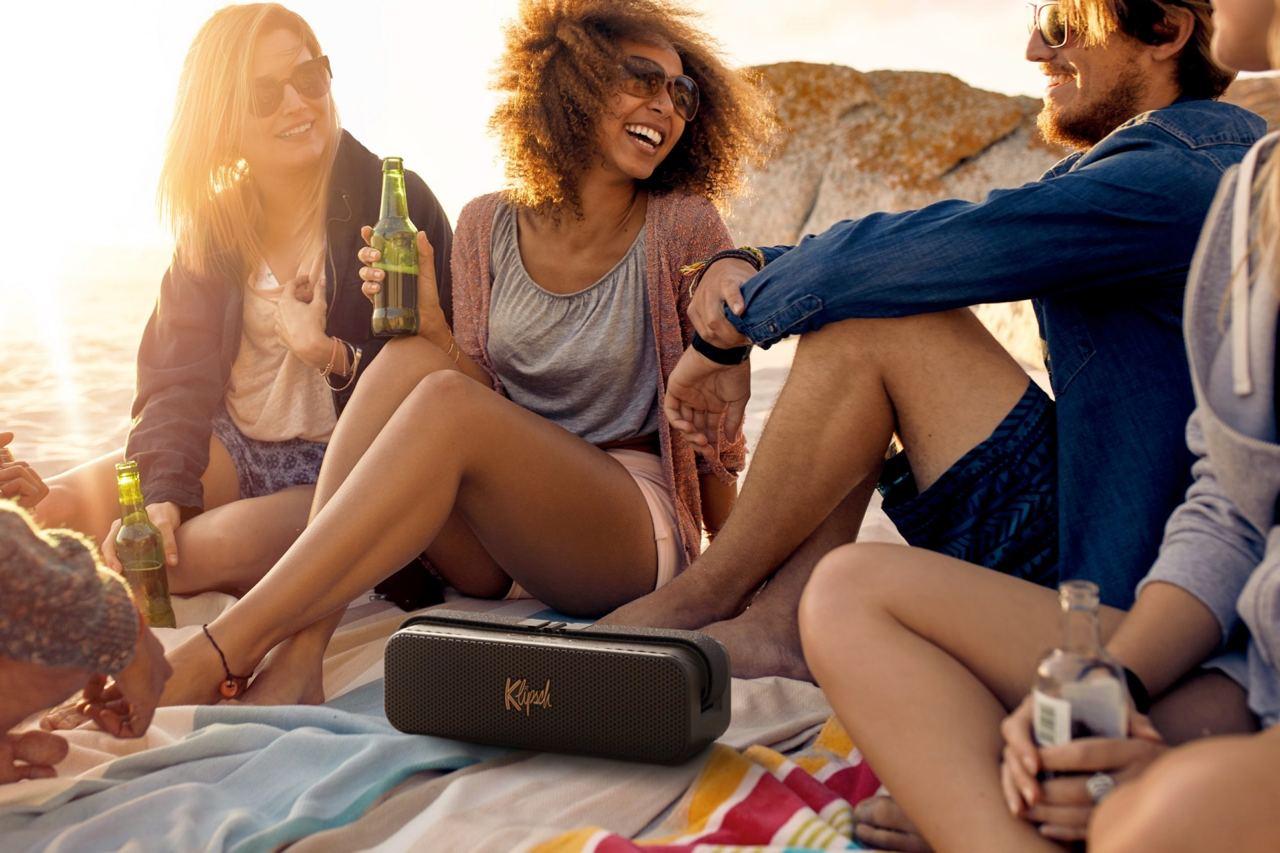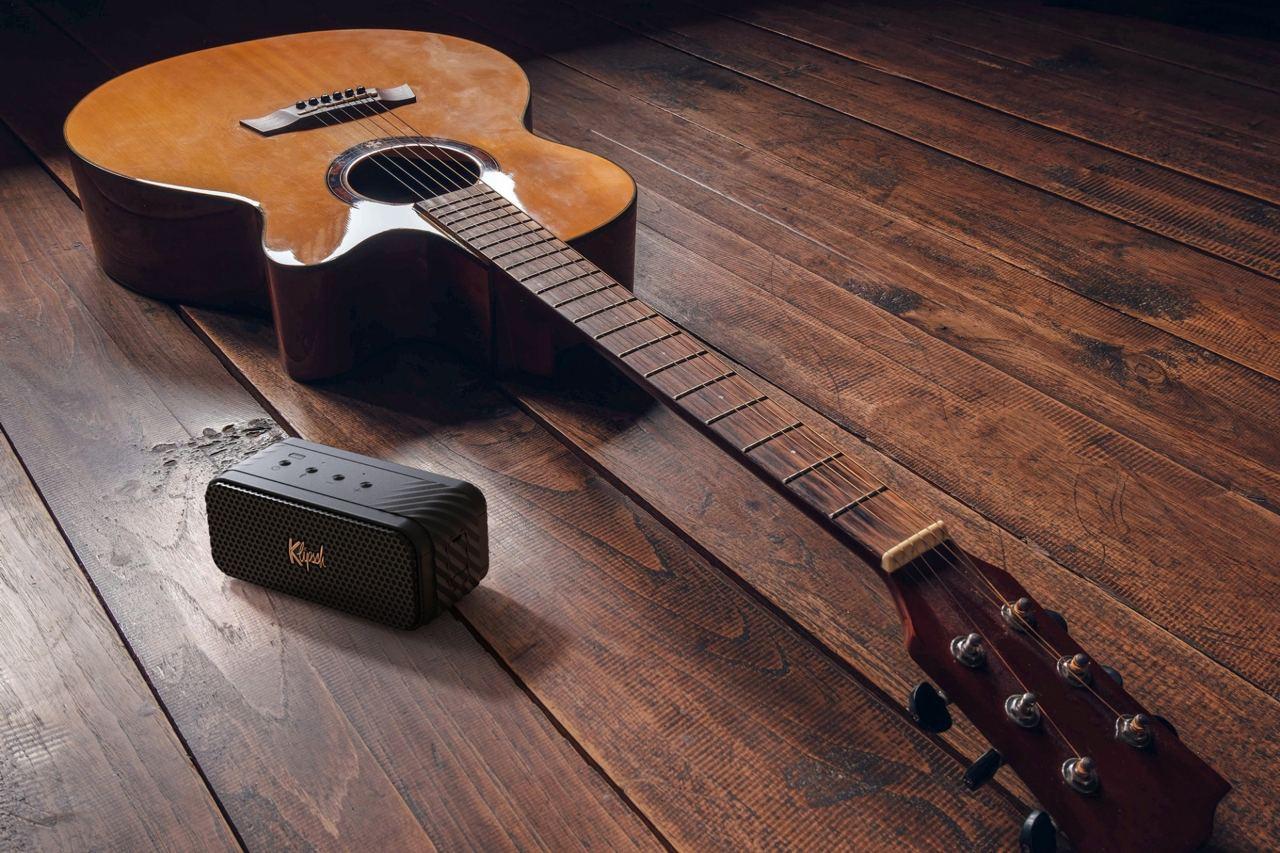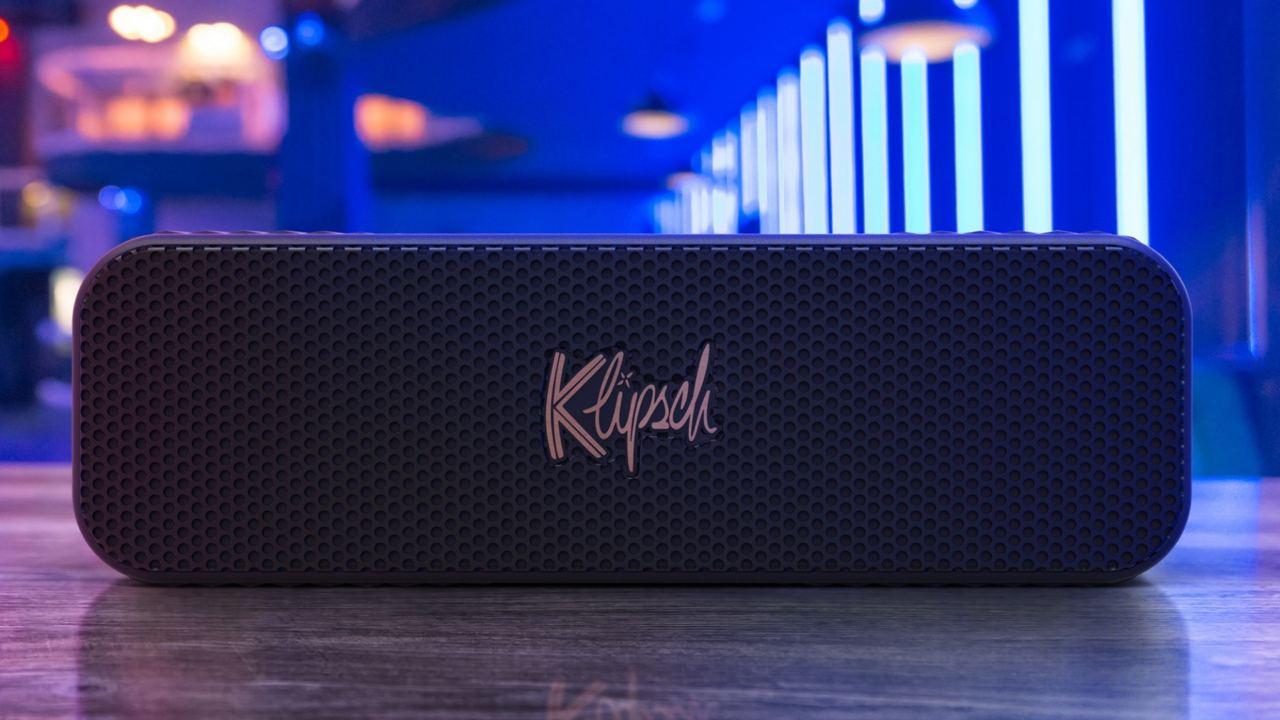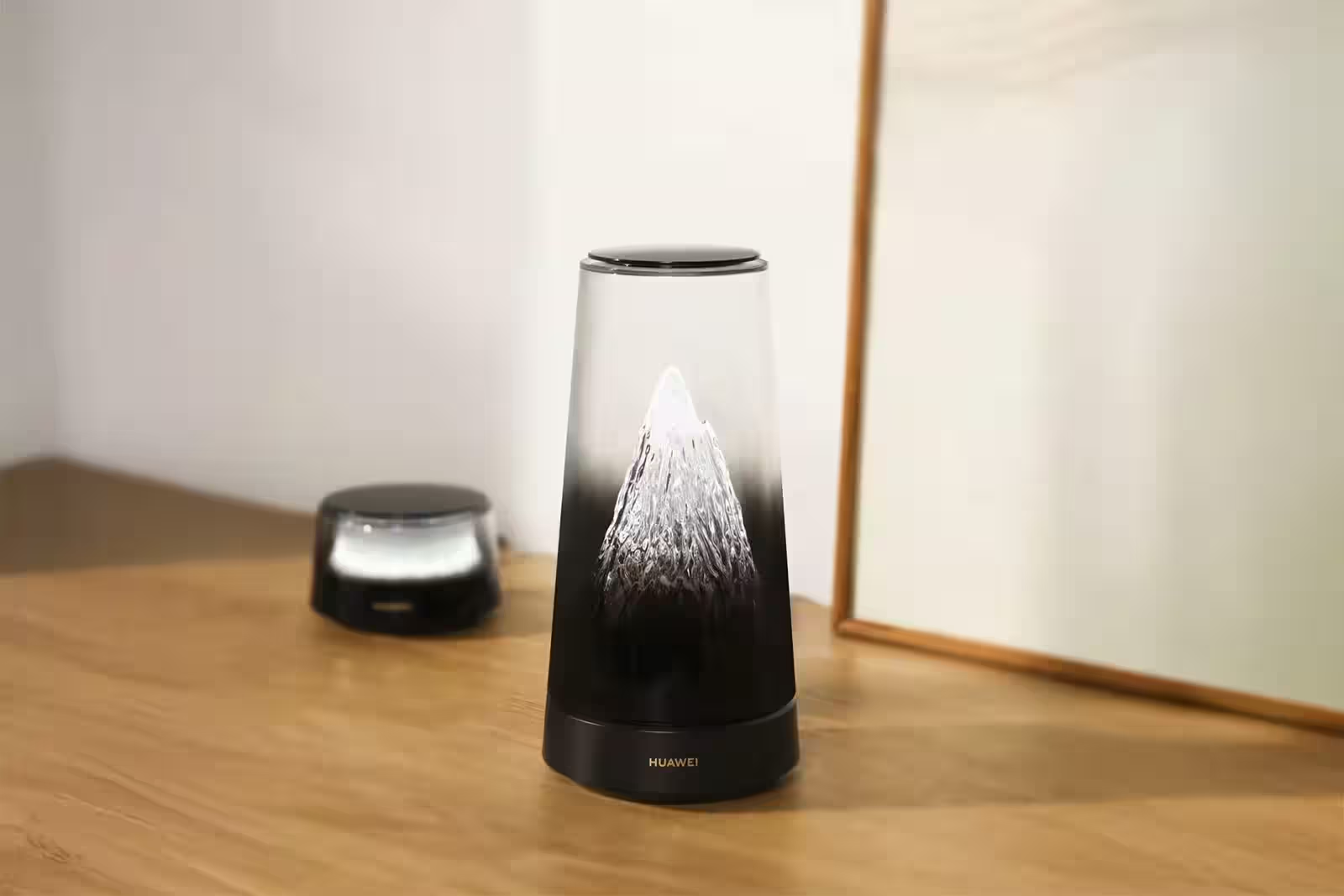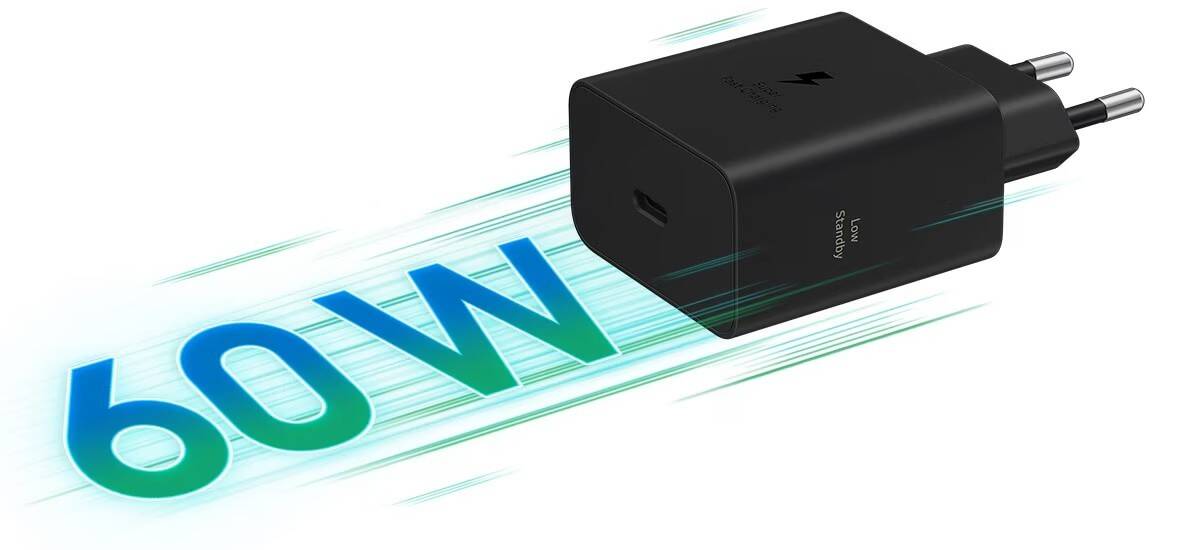Klipsch has introduced a series of new Bluetooth speakers

Klipsch has added three new Bluetooth speakers to its lineup, and each is named after an American city with deep roots in music creation.
The Klipsch Music City series includes Austin, Nashville and Detroit. All three speakers are made of durable material and are IP67 rated, making them dust and water resistant. They can be synchronized wirelessly with other Klipsch speakers, and with a built-in microphone, they can also work as a hands-free speakerphone.
Speakers can be synced wirelessly with other Klipsch speakers.
Being the smallest of the three, the 10-watt Austin measures just 4.1 inches on each side and is only 1.7 inches thick. It features one 1.5-inch full-frequency driver and two passive bass drivers. On the back is a strap designed to attach the Austin to your bicycle handlebars or any other object. The speaker weighs just 14 ounces, and its rechargeable battery is claimed to last for 12 hours on a full charge.
Austin’s speaker weighs just 14 ounces, and its rechargeable battery is claimed to last up to 12 hours on a full charge.
The mid-sized, 20-watt Nashville is designed to deliver 360-degree sound using two stacked 2.25-inch full-range drivers and two 3.78×2.5-inch rectangular passive bass radiators. It weighs just over 2.4 pounds, and its built-in battery has enough power for 24 hours of playback. Unlike the Austin speaker, the Nashville’s battery can be used to charge other devices with a USB-C cable.
The Nashville’s battery can also be used to charge other devices with a USB-C cable.
Detroit — a heavyweight at 5.5 lbs. Klipsch hasn’t yet released a full set of specs for the Detroit, so we don’t know how many watts it has, but we do know the driver configuration: two 3-inch drivers and two 1-inch tweeters with four forced cutoffs. Passive radiators. It measures 13 inches, and the battery has enough power for a claimed 24 hours of playback.
At the same time, it’s not a big deal.
All three speakers can be controlled via the Klipsch Connect app, which gives you control over EQ as well as the ability to update firmware when available.
The $99 Austin ($9,200) and $149 Nashville ($13,900) models will go on sale in the coming weeks, and the $299 Detroit ($27,900) will be available in 2024.
.

